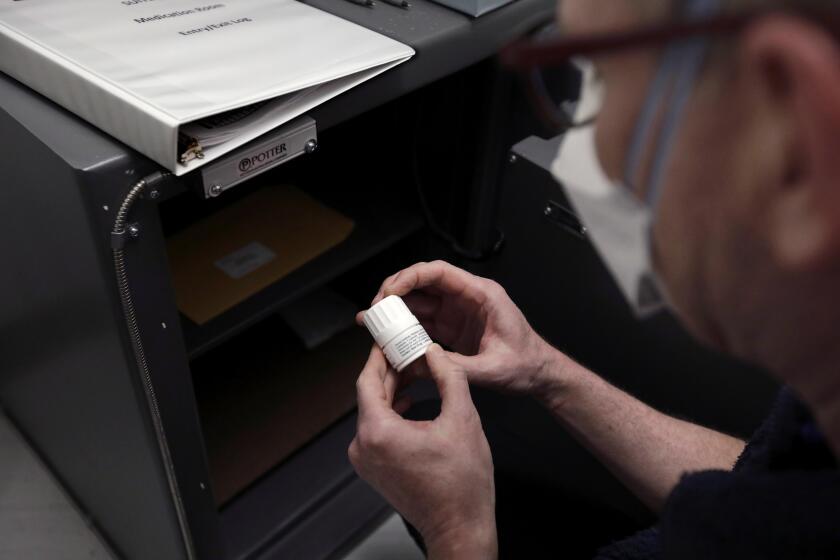E-Mail and Physicians
These days, e-mail is becoming a crucial tool for physicians, as more people are demanding to be able to submit their concerns directly to their family doctors.
Dr. Joseph E. Scherger, chair of the Department of Family Medicine at UCI Medical Center, lets his patients e-mail him with questions about their health, medications or tips. And the Los Angeles Free-Net, long a favorite of Angelenos looking for a second opinion, pairs curious patients with PC-friendly doctors on its electronic bulletin board.
Today, experts insist the number of doctors using e-mail remains small--only 1%. But officials at the American Medical Informatics Assn. predict that the number of computer-savvy personnel will grow with each new generation of medical students entering the profession.
While many doctors take care not to diagnose their patients by e-mail, physicians are finding that the Internet is helping the public take a more active role in their health care. Thanks to expansive sites such as the Mayo Clinic, users are flocking to the Web for reliable medical information and alternative treatments.
To help doctors avoid legal conflicts, the American Medical Informatics group has established guidelines for using e-mail. Earlier this year, the association’s Internet Working Group noted that while the technology creates a more intimate relationship between doctor and patient, the group warned doctors to be cautious what they write.
“When you’re using e-mail, you can assume it’s private. But there’s no guarantee of complete confidentiality,” Scherger said.
*
P.J. Huffstutter covers high technology for The Times. She can be reached at (714) 966-7830 and at p.j.huffstutter@latimes.com.



